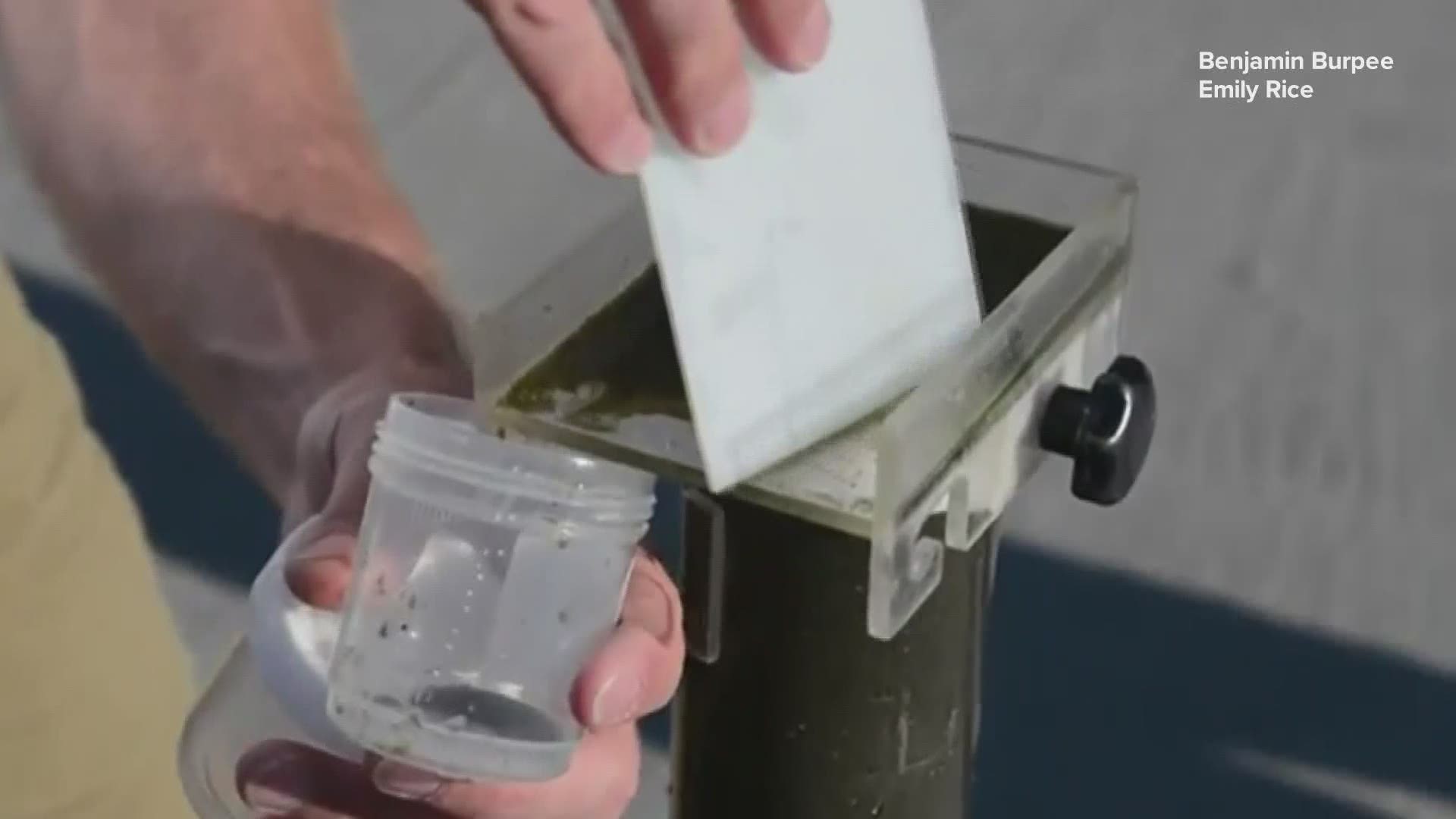ORONO, Maine — Some students earning advanced degrees at the University of Maine at Orono will soon have the opportunity to train to become future arctic scientists.
Earlier this month, UMaine announced it had received a nearly $3 million award from the National Science Foundation for a new program called 'Systems Approaches to Understanding and Navigating the New Arctic'.
Students will work with coastal communities in Greenland and Maine to figure out how changes in the Arctic are affecting fisheries, the quality and quantity of drinking water, and tourism. Courses will entail learning about the arctic systems and connections among the ocean, atmosphere, land, water, and people; engaging with other cultures, like indigenous communities in Greenland and Maine, since they often have traditional ecological knowledge; and spending a month in Greenland to try to understand how things are changing.
The first group will start in the fall of 2021, and the first field season will take place in the summer of 2022. UMaine says over the next five years, the program is expected to train nearly 60 masters and Ph.D. students. The NSF grant will help students afford their advanced degrees by providing stipends and tuition coverage.
"I think a lot of students who pursue this really want to make a change," Jasmine Saros, the associate director of the University of Maine's Climate Change Institute, told NEWS CENTER Maine. "They're very interested in the science, but they also definitely want to see that science applied in a way that could help us to be better problem solvers."
UMaine has more than 40 years of experience doing research in the arctic. Saros, who will be training students in the program, says climate change implications affect life in Maine directly, determining the atmosphere, how we get storms, the impact on shellfish, temperatures in the Gulf of Maine, and sea-level rise.
This is the third NSF Research Traineeship Program award UMaine has received. The first two are the 'One Health and the Environment' initiative and 'Enhancing Conservation Science and Practice'.
Saros says more information about how to apply for this program will be available online in the next couple of months.

